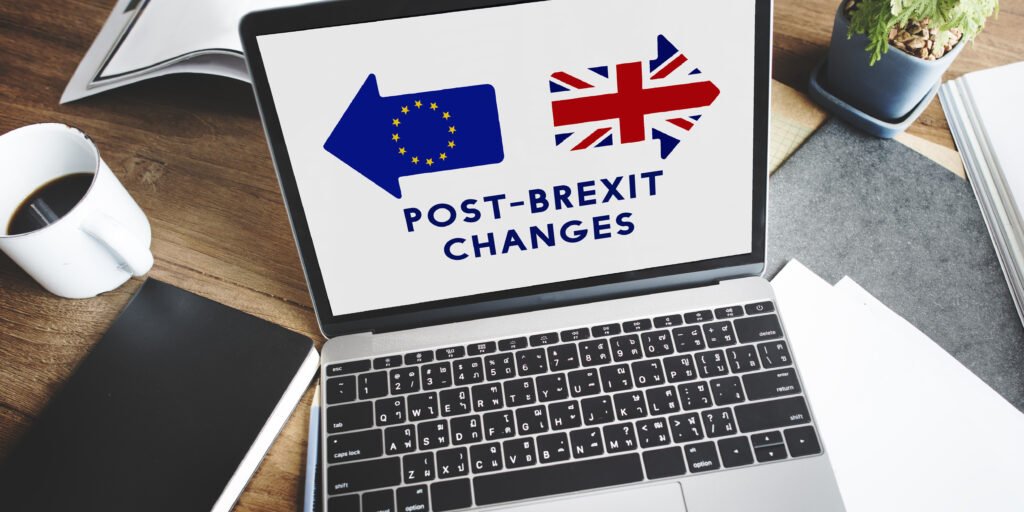
Since the referendum in 2016 and the UK’s subsequent exit from the European Union in 2020, Brexit has been a crucial milestone in the country’s history. This political turn has led to radical changes in various areas, including the economy and even gambling. For example, most online casinos, including cosmobet, which have been given even more opportunities to organise gambling entertainment.
Since the start of Brexit negotiations and the formation of the UK’s new trading relationship with the European Union, significant uncertainty for the British economy has become apparent. Changes in trade, investment activity and regulation are creating a new context for businesses, labour and government institutions.
One of the key aspects facing the UK economy is tariffs and trade barriers with the EU. New rules and agreements can significantly affect exports and imports, creating challenges for businesses in a variety of sectors. Below we take a closer look at these challenges and their possible implications for the UK economy.
Challenges for the UK economy
Since the EU Withdrawal Agreement came into force, the UK economy has faced a new reality in trading with the EU. The introduction of tariffs and trade barriers has created challenges for many sectors. Sectors traditionally dependent on free trade with European partners have been particularly affected.
Changes in trade with the EU and potential consequences
One of the significant challenges is the need to adapt to the new trade rules between the UK and EU countries. Companies are being forced to review their supply chains to bring them in line with new standards and requirements.
A number of industries such as agriculture, automotive and the financial sector have felt the negative effects of the trade changes. The introduction of tariffs could increase costs for businesses and consequently reduce the competitiveness of British goods in the European market.
Opportunities for the British economy
The complexities that accompany leaving the European Union come with challenges but also present new opportunities for the British economy. Chief among these is regulatory flexibility, giving the UK the ability to self-manage rules and standards, which could affect the business environment and investment climate, among other things:
- The ability to self-manage rules and standards. Leaving the European Union gives the UK the freedom to set its own trading standards and rules. This allows the country to tailor its rules to its own needs and speed up decision-making processes, which was not possible under the EU’s complex bureaucratic machine.
- Attracting investment through more flexible regulation. Flexibility in regulation can be an attractive factor for foreign investors. The ability to respond more quickly to market changes and create a favourable business environment could encourage more investment in the UK economy.
- Support for domestic manufacturers. Increased support for domestic producers can help boost local industry and agriculture. This includes providing incentives for innovation, investment in technological solutions and creating favourable conditions for domestic goods and services to compete in domestic and global markets.
Building on flexibility and independence, the UK can utilise these opportunities to stimulate economic growth, attract investment and strengthen its position on the world stage. Such moves require careful strategic planning and a balanced approach to regulatory management.
Totals
Leaving the European Union comes with tariffs and trade barriers that put pressure on the British economy. Despite this, opportunities in regulatory flexibility provide the country with new tools to stimulate growth and attract investment. The impact on the labour force caused by changes in migration policy requires attention to training and training of domestic resources.
In conclusion
The UK economy is entering a period of adjustment and rethinking its role in global trade. The country will have to balance challenges and opportunities, making strategic decisions that will shape its economic future. Responding to these challenges and skilfully seizing opportunities. Which will be key to the UK’s sustainable development and position in the post-Brexit era.
